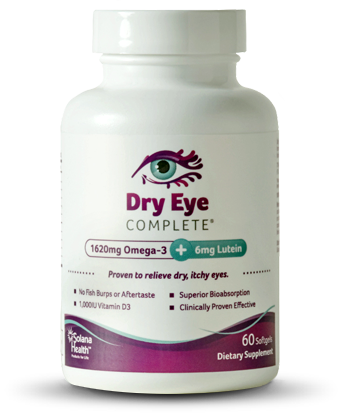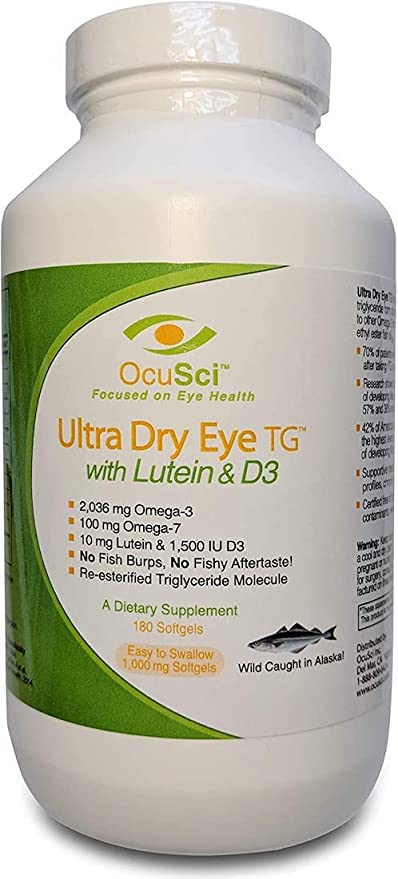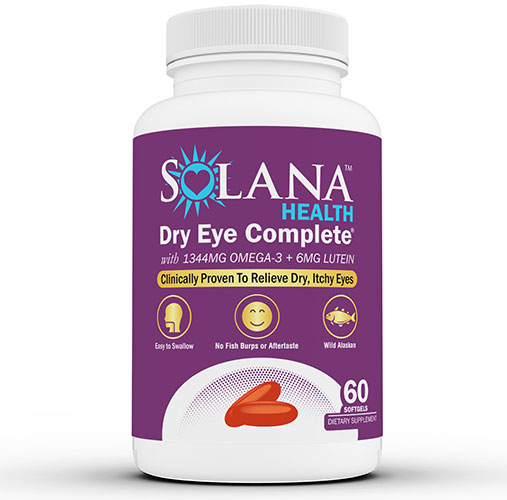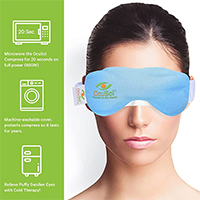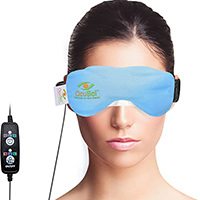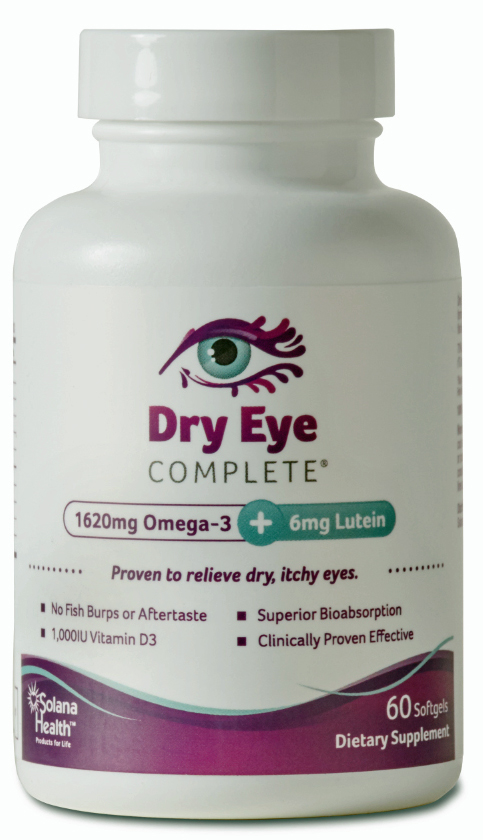When you are suffering from Sjogren’s syndrome, your mouth, eyes, and various other parts of your body become dried out, because the glands responsible for producing moisture no longer work as they should. Although it’s natural to be concerned about a diagnosis of a life-altering disease, such as Sjogren’s syndrome, it’s important to recognize that most people suffering from this condition are able to stay healthy without many serious problems. In fact, treatment often brings enough relief that individuals can continue with their normal day-to-day lives without concern.
What Does It Do to the Body?
Sjogren’s syndrome causes the immune system to work differently, so that instead of attacking invading viruses or bacteria, it starts to break down healthy cells and tissue. In other words, this syndrome is a type of autoimmune disease, wherein your white cells (usually responsible for protecting you from germs) start to attack the glands that make moisture throughout the body, reducing their ability to make saliva and tears.
As a result, people who suffer from it often find that the most common symptoms are dry mouth and dry eyes. However, this doesn’t mean that you won’t see symptoms in other parts of the body, such as swollen glands, dry nasal passages or skin, and sensitive, stiff joints. About half of the people who suffer from this syndrome have also been diagnosed with another form of autoimmune disease such as lupus or rheumatoid arthritis. These conditions can make it more difficult for your doctor to deliver a diagnosis.
If you do have Sjogren’s syndrome, then you will need to take medicine continuously throughout your life in an effort to better manage your symptoms. You can buy some forms of medicine in drugstores in an over-the-counter capacity, without having to get a prescription. On the other hand, some medications will need to be prescribed by a doctor.
Causes of Sjogren’s Syndrome
The causes or reasons behind this condition currently remain unknown. However, a degree of research seems to suggest that the issue is triggered by a combination of environmental, genetic, and sometimes even hormonal factors. Some people are considered to be more vulnerable to the syndrome at birth, and in these circumstances the condition can be triggered by life events such as infections.
According to most healthcare professionals Sjogren’s syndrome can either be classified as:
- Primary – when the syndrome develops without the impact of another condition
- Secondary – When the syndrome occurs as a result of, or in combination with another autoimmune disorder such as rheumatoid arthritis or lupus.
Symptoms of Sjogren’s Syndrome
As with many disorders, the symptoms of this particular syndrome can vary from one person to the next. The most common symptoms are:
- Dry mouth – some people say they feel like they have cotton or chalk in their mouth, and others find it difficult to swallow.
- Cavities and gingivitis – Because you don’t get enough saliva – a substance that helps to protect your teeth from decay, you may experience more cavities than other people, and have a greater chance of suffering from gingivitis.
- Dry eyes – People with Sjogren’s syndrome often find that they suffer from dry eyes which can itch, burn, or feel gritty. They may also get more infections around the eyes.
- Dryness in the throat, skin, lips, nose, and other parts of your body.
- Swelling in the glands around your face and neck.
- Pain, stiffness, and swelling in your joints – this can occur even if you don’t suffer from rheumatoid arthritis, although the symptoms are the same.
- Heartburn
- Inflammation in the liver, lungs, and kidneys
- Tiredness and fatigue
Sjogren’s Syndrome Complications
In some cases, this particular syndrome can lead to additional complications. For instance, you might find that your eye sight has damaged permanently if you do not treat the reduced production of tears as quickly as possible. What’s more, it can also heighten your chances of developing non-Hodgkin lymphoma, which is a cancer in the lymph glands. Fortunately, your chances should still be relatively low, at approximately 5%.
Women who suffer from this syndrome may also have an increased risk of having children that have temporary heart abnormalities or a temporary rash. However, doctors will often monitor pregnancies to lessen the risks associated with abnormalities.
Getting a Diagnosis
Diagnosing Sjogren’s syndrome can be difficult because sometimes symptoms can look similar to that of other diseases. Often, to find out whether you might have it, your doctor will give you a physical exam and ask questions such as whether you often get cavities or experience frequent cases of dry eye syndrome. Your doctor may also ask you to get blood tests to determine whether you have the antibodies that most people with Sjogren’s have. Some doctors can also measure inflammation in your body, which is another sign that you may have the disease.
Treatment
There are a wide range of things that you can do to help manage the symptoms of Sjogren’s syndrome. For example, some medicines that can be obtained over the counter may be enough to offer significant relief. For example, artificial tears or eye drops can help to prevent the discomfort associated with your eyes drying out. You can also access ointments and gels that you can place on your eyes over night to help moisturize the eyes while you sleep.
If artificial tears aren’t enough to help your condition, your doctor may prescribe drugs such as:
- Restasis
- Lacrisert
Restasis is given in the form of drops which can be used twice a day to help promote the production of healthy tears, whereas Lacrisert can be put into the eyes with a special applicator.
Looking After Yourself
If you are diagnosed with Sjogren’s syndrome, there are numerous things you can do to look after yourself and manage your symptoms. For instance, sucking on candy can help to stimulate saliva flow to keep your mouth moist, and regularly sipping on water can tackle the symptom of dry mouth. When it comes to helping dry eyes, many people use a vaporizer or humidifier at night. These machines can also be helpful when it comes to tackling the problem of dry mouths, noses, and skin.
If you suffer badly wit6h dry skin, try to make sure that you use warm water instead of hot when showering or bathing, and allow yourself to drip dry so your body can absorb as much moisture as possible.

